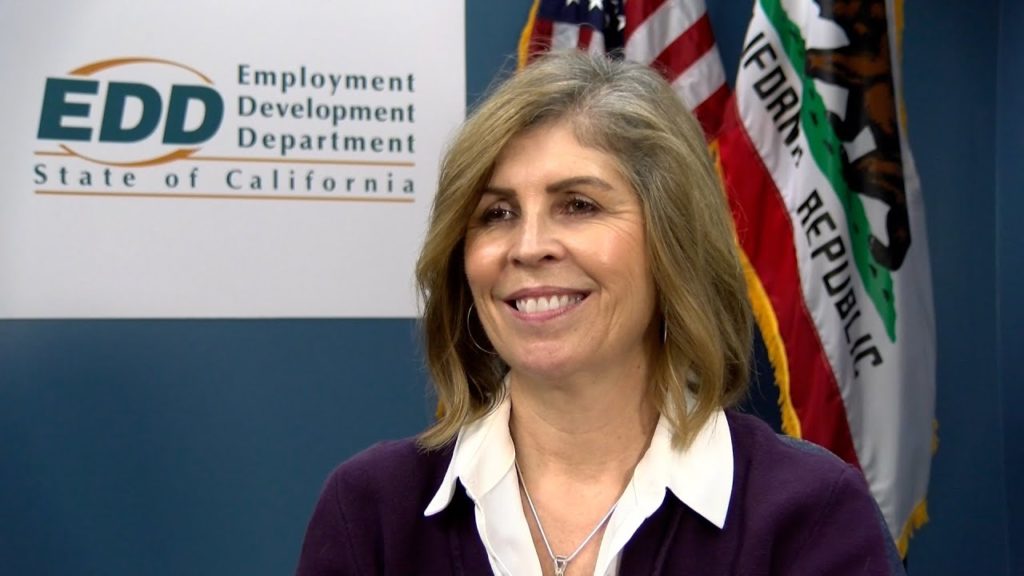Three years ago, California’s Employment Development Department (EDD) released its 2018-2021 Language Access Plan, which mandated that all qualified individuals must enjoy “meaningful access” to benefits and services, including individuals with limited English-proficiency.

In a policy memo circulated to state leadership including Julie Su, the Secretary of California’s Labor and Workforce Development Agency and Sharon Hilliard, Director of the Employment Development Department, Chinese for Affirmative Action (CAA) called out EDD for upholding gaps in language access that have caused and continue to cause severe financial hardship and economic instability for tens of thousands of monolingual individuals, of which a disproportionate number are low-income Asian immigrants.
Without sufficient language access, our clients have experienced four-to-six week long waiting periods regarding time-sensitive requests. Many families have missed deadlines and made unintentional false statements on account of the communication barriers that EDD continues to uphold.
As a result, organizations like ours have had to step up. In the past six months alone, our three-man operation has processed 200+ requests involving access to unemployment benefits.
In consultation with a diverse coalition of local stakeholders, including hundreds of non-English speaking individuals, CAA has put forward three recommendations to address immediate needs and support long-term accommodations for monolingual households across the state of California.
- Take action to alleviate language barriers and ensure adherence to the EDD’s Language Access Plan.
- Provide oversight and monitoring over the implementation of EDD’s Language Access Plan.
- Create infrastructure to meet and scale to the long-term systemic needs of non-English speaking communities.
The memo, which can be read in full here, was co-signed by a broad coalition of eight organizations — including the African Advocacy Network, the Arab Resource and Organizing Center, the California Immigrant Policy Center, the Center for Workers’ Rights, the Filipino Community Center, Hmong Innovating Politics, the Southeast Asian Development Center, and the Southeast Asia Resource Action Center —that have shared in our struggle to provide language access to monolingual households throughout California.
Although the issue of language access is a problem that will take time to solve, it is clear that change is afoot at the EDD. On October 30, Director Hilliard, a co-recipient of CAA’s language access memo, announced her retirement from the department, whose backlog of unemployment claims has ballooned to 94,000.
CAA is prepared to press new leadership at EDD on the matter of language access–and hold EDD and other state agencies accountable to improve service delivery to non-English speaking households and to create public infrastructure to accommodate the wants and needs of underserved communities in California.



